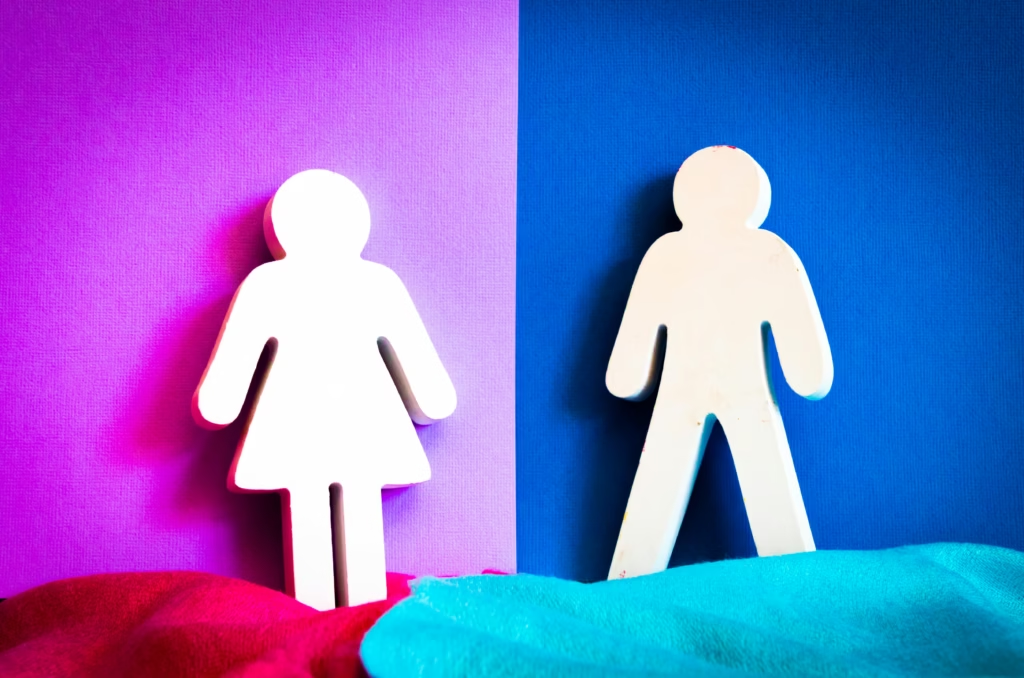Gender Equality in 2025 Is Still a Myth ,Global Facts, Pakistan’s Reality & Urgent Solutions
Introduction
Despite decades of promises, gender equality in 2025 still feels like a dream for millions of women. Across the world, they continue to face barriers in education, employment, and leadership. In developing countries like Pakistan, the situation is even worse. Although legal reforms have been made, actual progress is slow. The ground reality proves that gender equity is still far from being achieved.

- What is Gender Equality?
- The Illusion of Equality
- Gender-Based Violence and Injustice
- Pakistan’s Ground Reality
- Root Causes of Gender Inequality
- Consequences of Gender Disparity
- Global Examples of Inequality
- What is Being Done?
- Urgent Solutions for Change
- Why Gender Equality Still Feels Like a Myth
- The Way Forward
- Conclusion
What is Gender Equality?
Gender equality means that men and women should have equal rights, duties, and opportunities. It includes fair access to education, employment, political participation, and protection under the law. While many countries have passed gender equality laws, deep-rooted traditions and cultures still prevent real progress. The United Nations promotes gender equality through Sustainable Development Goal 5, but even this global push has not fully closed the gap
The Illusion of Equality
There are women in parliaments, companies, and universities. But numbers tell us the reality is far from equal. In 2024, only 26.5% of global parliamentary seats were held by women. The World Economic Forum’s Global Gender Gap Report 2025 shows that it will take 131 years to close the gender gap at the current pace. Women continue to earn less than men. In the United States, women made just 82 cents for every dollar a man earned in 2024. In the tech industry, only 28% of professionals are women.
These numbers show that gender equality remains a myth for most.
Gender-Based Violence and Injustice
Violence against women remains one of the biggest barriers to equality. Millions of women worldwide face harassment, assault, and domestic abuse. According to WHO, 1 in 3 women has experienced physical or sexual violence in her lifetime. In South Asia, including Pakistan, honor killings and acid attacks still occur. Laws exist, but justice is often delayed or denied. Women fear speaking up, and when they do, they are not always protected.
This fear and silence destroy the idea of equality.

Pakistan’s Ground Reality
Pakistan ranks 145 out of 146 countries in the Global Gender Gap Index 2025. Only 21% of women are part of the workforce. Female literacy remains around 51%, with rural areas even lower. Early marriages, domestic restrictions, and limited access to healthcare and education block progress. Patriarchy controls everyday life in many communities. In some areas, tribal customs and misuse of religious texts stop women from claiming their rights.
Root Causes of Gender Inequality
Gender inequality exists due to many deep-rooted factors. These include:
- Lack of access to quality education
- Gender-based violence
- Economic dependency on men
- Poor law enforcement
- Cultural and religious misinterpretations
- Limited access to technology and internet
- Media portrayal of women in negative stereotypes
Each of these factors adds to the problem and reinforces inequality in everyday life.
Consequences of Gender Disparity
Gender inequality affects everyone—not just women. It weakens economies, slows down progress, and increases poverty. Countries with large gender gaps tend to have poor health, low literacy rates, and weak political systems.
When women are held back, nations lose talent, innovation, and strength. Equal participation is necessary for building strong families, better societies, and a peaceful world.
Global Examples of Inequality
Gender inequality is not limited to poor countries. In the United States, as mentioned, wage gaps continue. In India, women hold only 14% of seats in parliament. In Afghanistan, girls are banned from secondary education in 2025. In Japan and South Korea, working mothers face pressure to quit their jobs. These examples show that even rich nations struggle to achieve true equality.
What is Being Done?
Some efforts are making a difference. The Malala Fund supports girls’ education globally. UN Women is pushing for reforms and awareness. More women are entering fields like science, politics, and business. In Pakistan, programs like “Ehsaas” and women-only transport services are helping. But these are still not enough. For every step forward, social attitudes pull women two steps back.
Urgent Solutions for Change
Solving gender inequality needs urgent, united action. Here’s what we must do:
- Enforce gender-protection laws properly
- Make education free and safe for all girls
- Involve women in leadership and policymaking
- Break harmful gender stereotypes through media
- Introduce gender training in schools
- Engage men and boys in the conversation
- Use social media to promote positive role models
These actions will help build a society that supports and respects every individual—regardless of gender.
Why Gender Equality Still Feels Like a Myth
The main reason is that equality exists on paper, not in daily life. Tokenism, putting one woman in a high position without changing the system is common. Deep mindsets and cultural habits take years to change. Women are often overburdened with housework and childcare, even if they work outside. They are judged by their looks more than their skills.
Equality cannot grow in such an environment.

The Way Forward
We must act now. Schools should teach both boys and girls about equal rights and respect. Laws must be enforced quickly and fairly. Women need safe workplaces, equal pay, and leadership chances. Men and boys must become allies in this mission. Media should show strong and diverse female role models. Governments, NGOs, and citizens must work together.
Conclusion
n 2025, gender equality remains more fiction than fact. While some progress has been made, much more needs to be done—especially in countries like Pakistan. Real change will only happen when society takes gender equity seriously.
This is not just a women’s issue. It’s a human rights issue. Until every woman has equal rights and opportunities, we cannot claim to be a fair or advanced society.
Discover more from
Subscribe to get the latest posts sent to your email.
